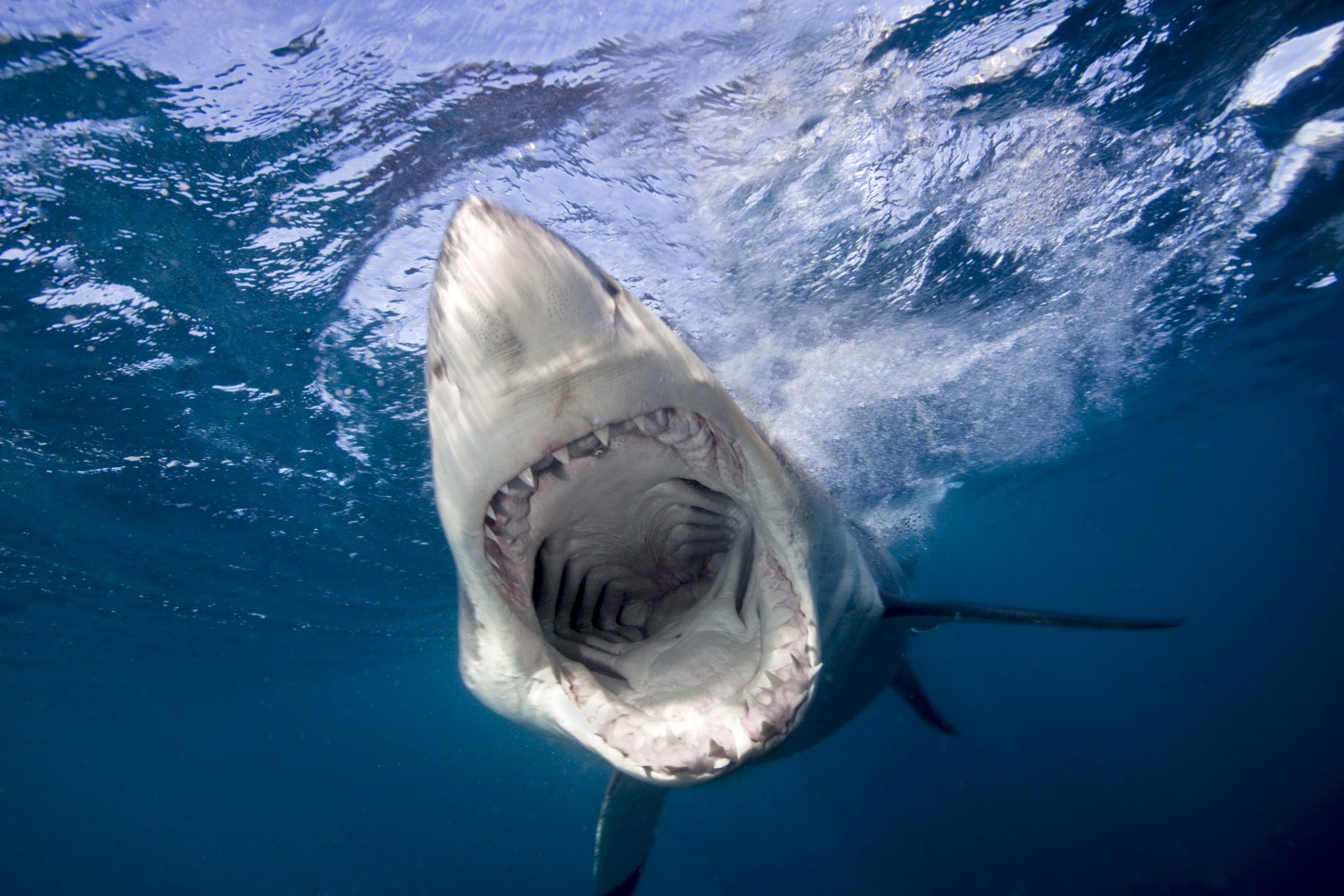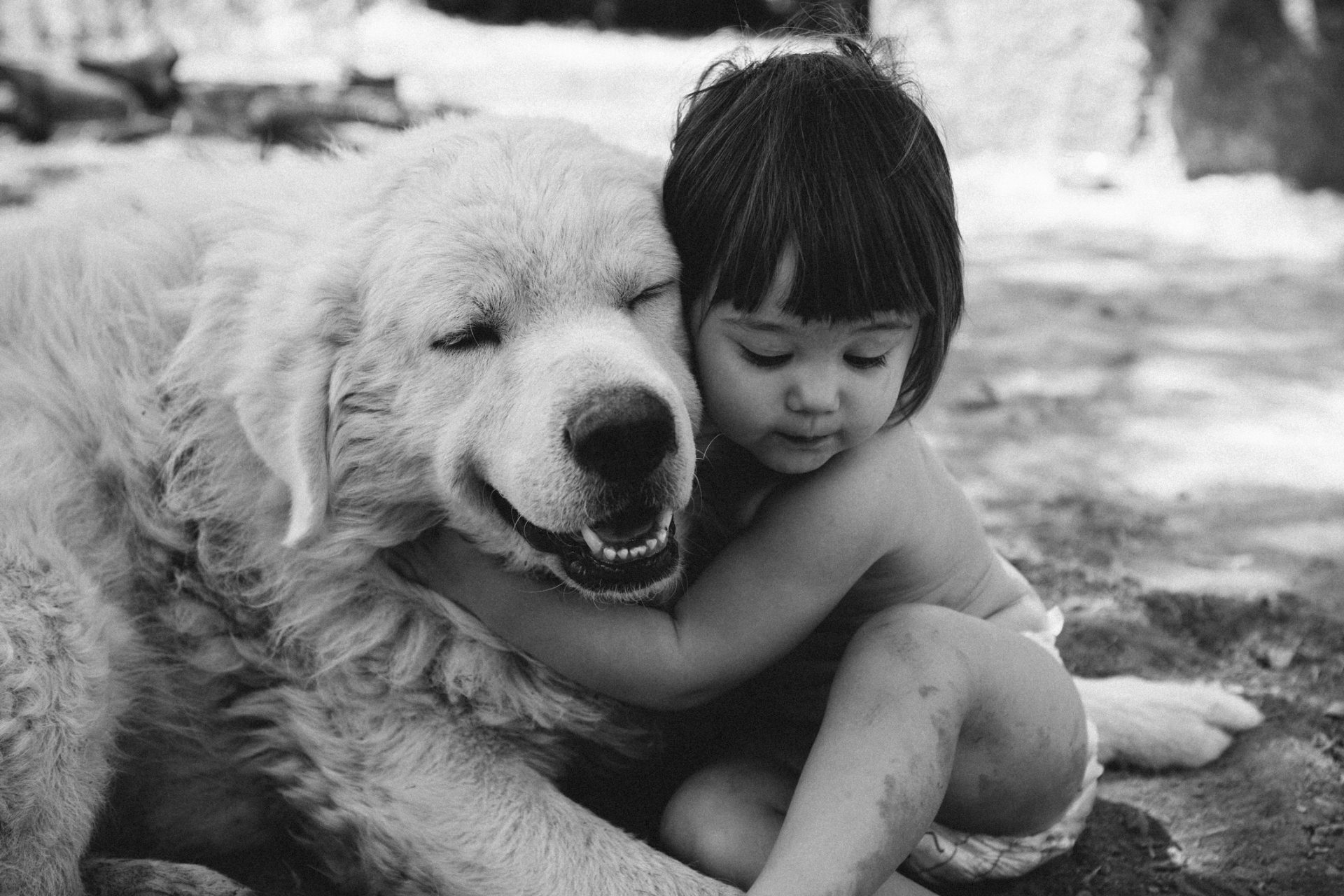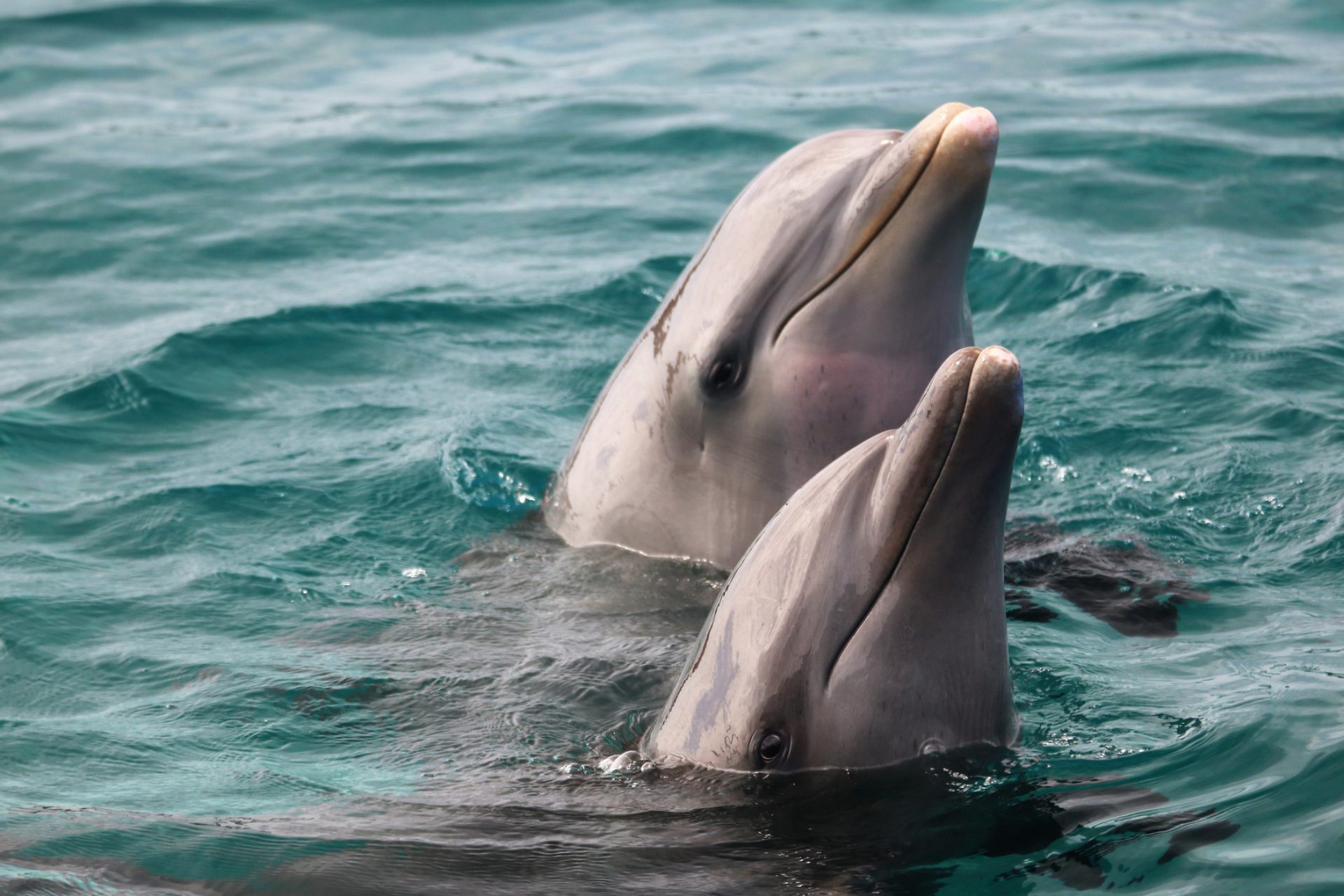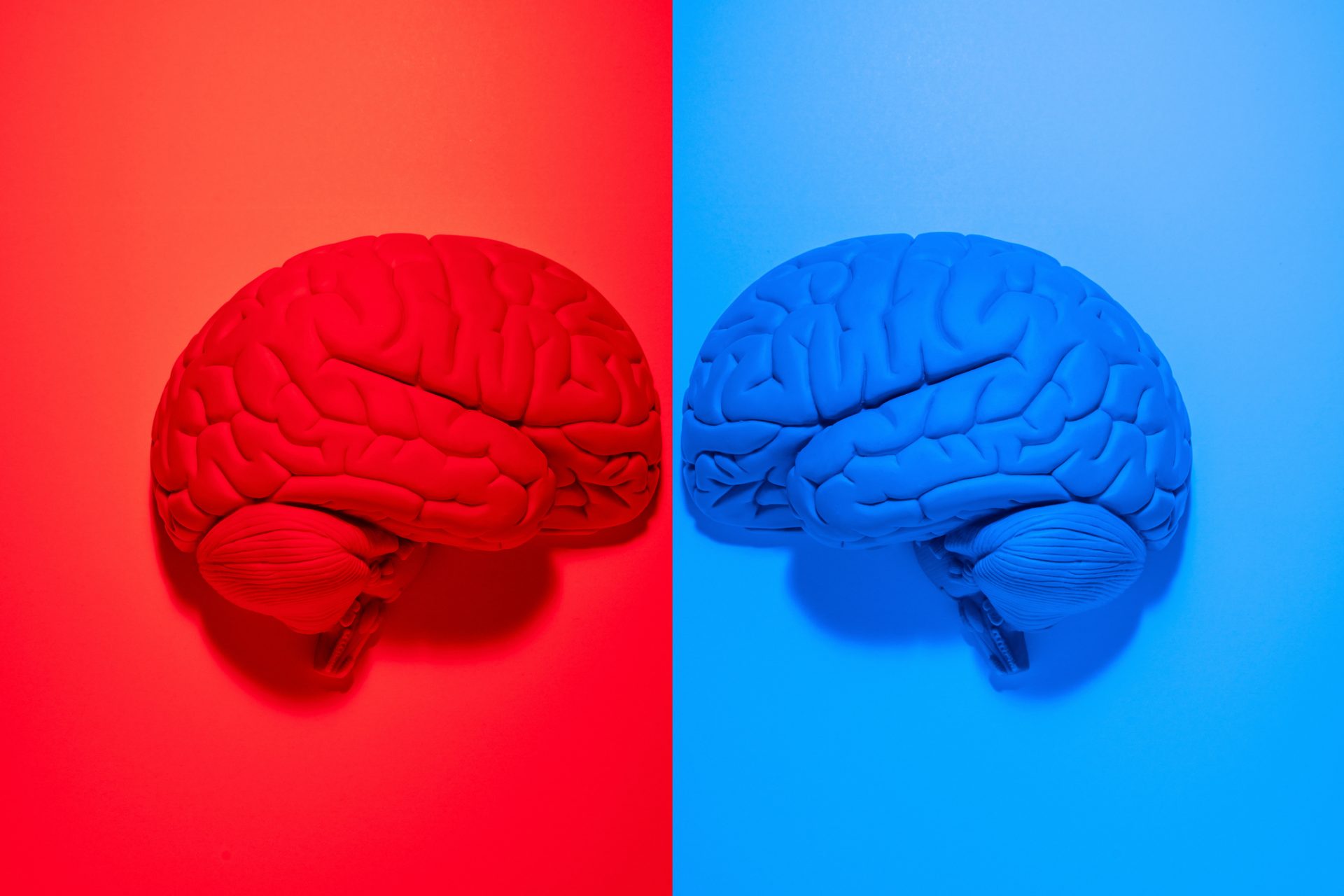Do you know which predator is the deadliest on Earth?
Our world is home to predators and prey. If you're not hunting then you are being hunted, and there is one dangerous predator on our planet that stands leagues ahead of every other animal. What species is it? you might be surprised to learn the science discovered its the humble human being.
Humans have long been some of the world’s most dangerous predators but it turns out we prey on an absolutely astonishing number of animals according to research published in the journal Communication Biology in June 2023 looking at just how broad humanity's impact is on the creatures we share our world with.
People are picky eaters according to the researchers but society as a whole will actually eat anything. Be it birds, bugs, whales, or snails, humans around the world are willing to put just about anything in their stomachs. However, our impact goes far beyond what we eat.
Humanity has a knack for relying on animals to fuel our daily lives and whether it be the mice and monkeys that help us test our new medical products or the cattle and chickens that make modern agriculture possible, we’ve found ways to use nearly every animal.
Previous studies have looked into the effects humanity has had on our biomass but they have never looked at the full picture of how we use the world’s animals and that's why a group of researchers began looking into the full impact humans have on the world's animals.
Using data from the International Union for Conservation of Nature, researchers finally got a better picture of just how many animal species humanity was tangled up with and the findings were not only shocking but also hold some very worrying consequences.
Researchers looked at human use data of 45,000 vertebrate species and discovered humanity exploits 15,000 vertebrate species for both food and non-food uses and that our overexploitation was endangering many of the species we rely on in our daily lives.
“Humans have emerged as the planet’s most extraordinary predator, doing things that other predators do not,” explained the study’s lead author Chris Dermont—a Research Chair at Raincoast Conservation and Scientist at the University of Victoria.
“This includes commonly killing or capturing for reasons other than feeding themselves, as well as endangering thousands of prey species simultaneously,” Dermot added, and humanity’s current level of animal use could pose serious risks for the planet’s future.
Humans have a much broader impact on our biosphere than other predators according to a news release of Dermot and his team’s research and that’s caused some outsized impacts on natural ecosystems around the world.
“The rise of the planet’s most widespread predator affects an enormous global network of interaction chains connecting humans to their prey, with many direct and indirect consequences,” the study’s authors wrote in the discussion section of their research.
The researchers pointed to humans being competitors with other predator species and specifically noted both on land and sea our practices have changed animal behavior. Even more worrying is what the study’s authors mentioned about the animals we target.
Even though we only affect a relatively moderate amount of vertebrates, the ones we do target for exploitation likely play a role in the continued loss of those species. Without changing our practices we’re likely to see further losses in global ecological diversity.
This situation could cause a snowball effect as losses among the species we prefer to exploit die off or earn protection and force hunters, fishers, and collectors to target other species that are similar—starting the process of decline all over again.
Rob Cooke is a co-author of the study and Ecological Modeller at the UK Centre of Ecology and Hydrology and explained the “unnatural selection of animals by human predators could lead to a range of repercussions across ecosystems.”
“From the potential loss of large seed-dispersers such as the Helmeted Hornbill, to megaherbivores such as the Black Rhino, to migratory predators such as large sharks,” Cooke continued, explaining the potential losses that could be in our future.
One of the most interesting discoveries from the study was that animals exploited for the pet trade, medicine, and other uses were almost equal to those exploited for food, and 40% of those animals were threatened by human use—a very worrying statistic indeed.
More for you
Top Stories






























